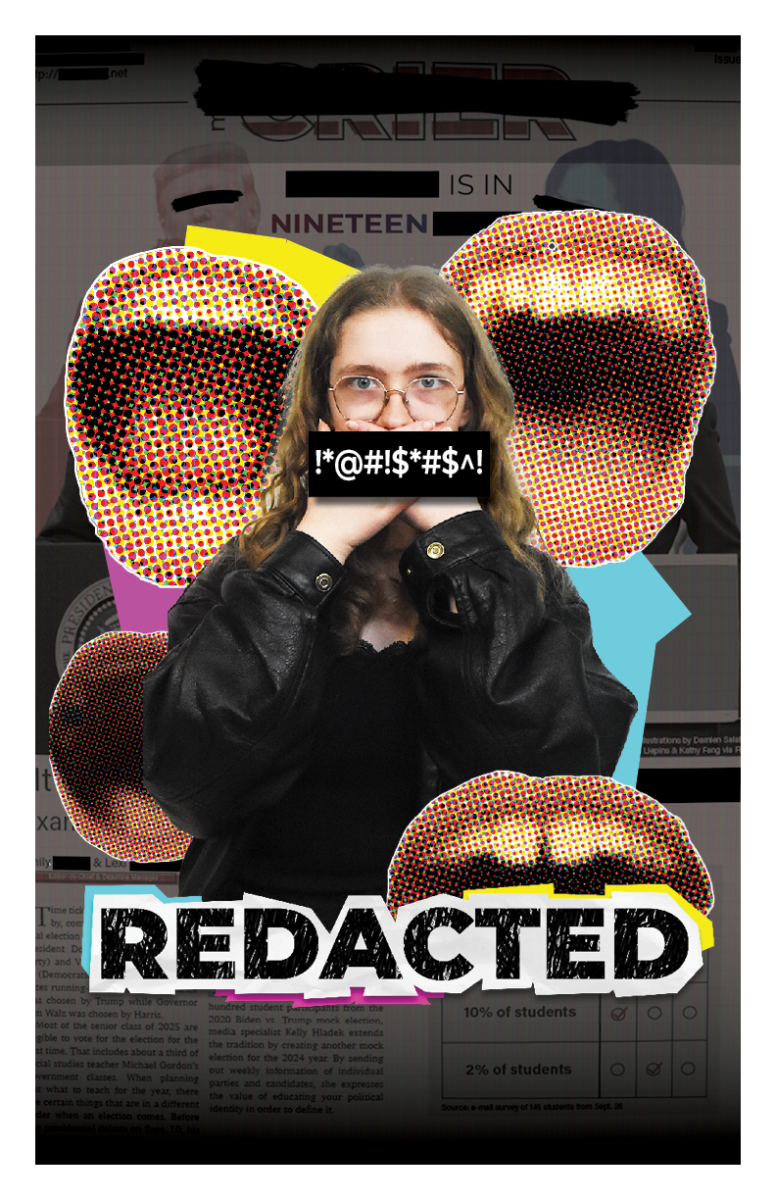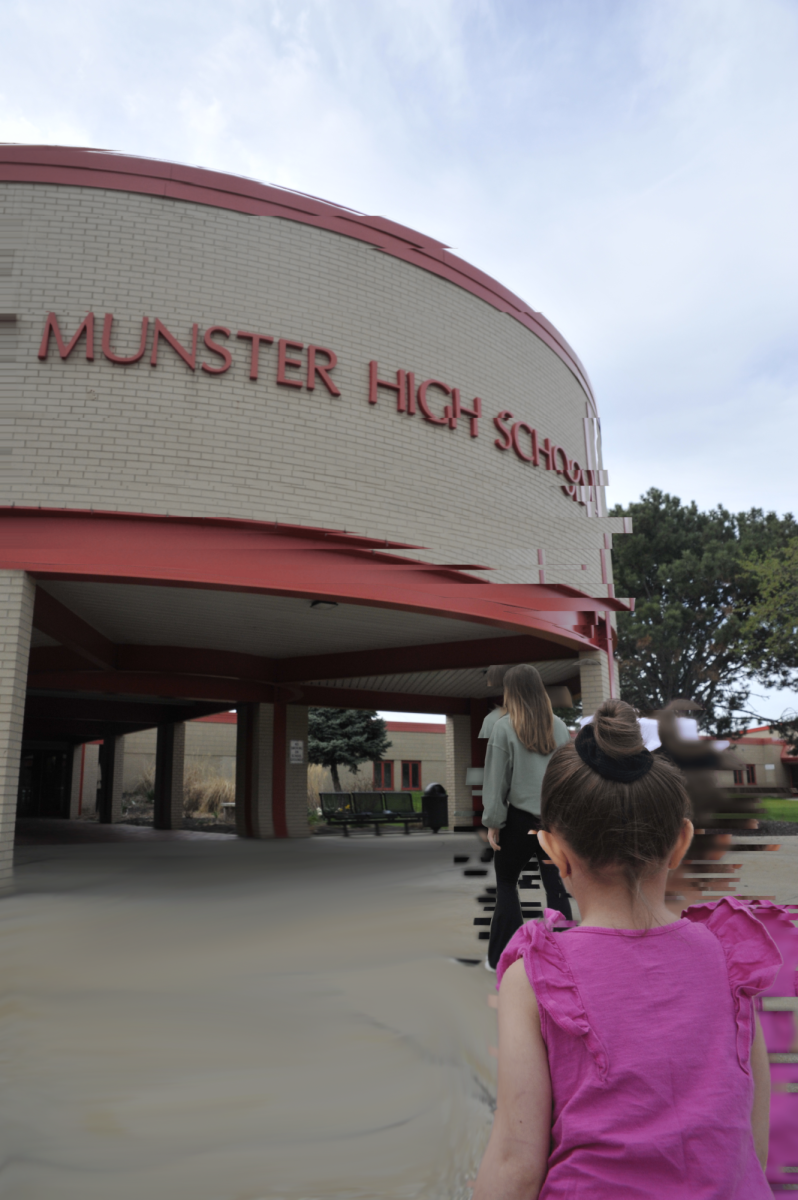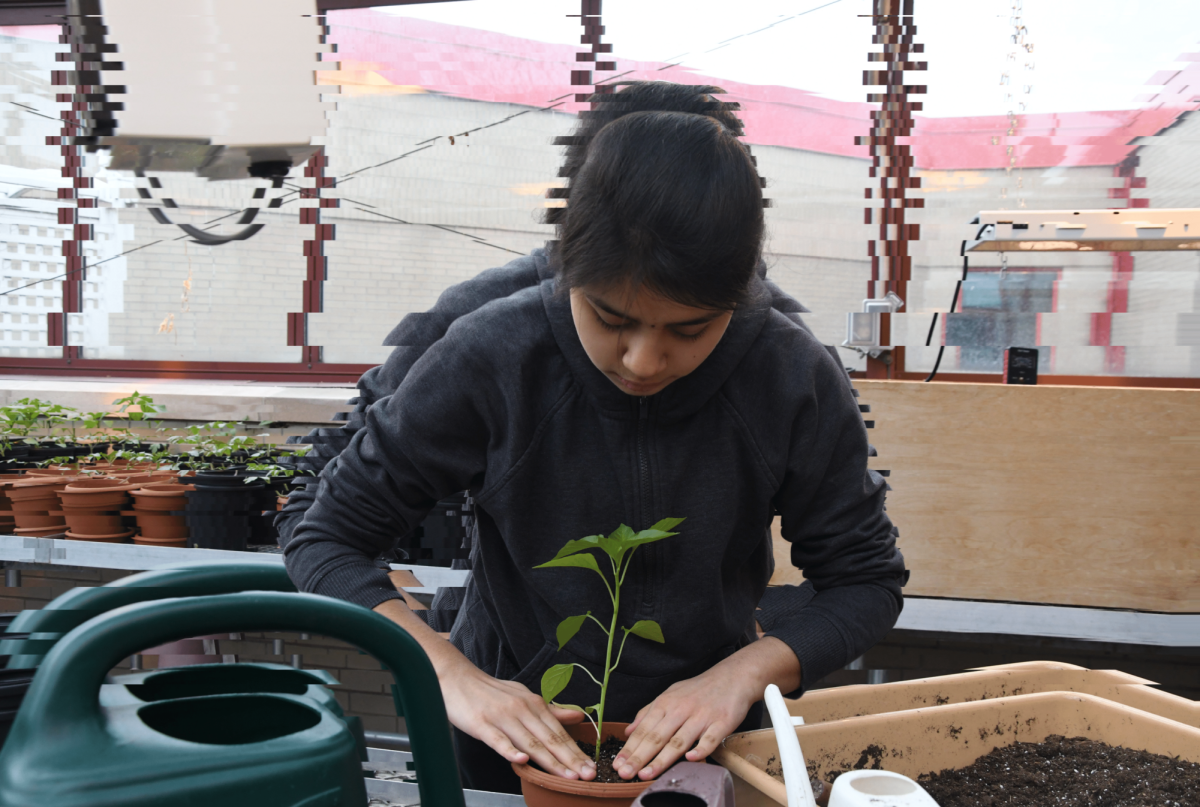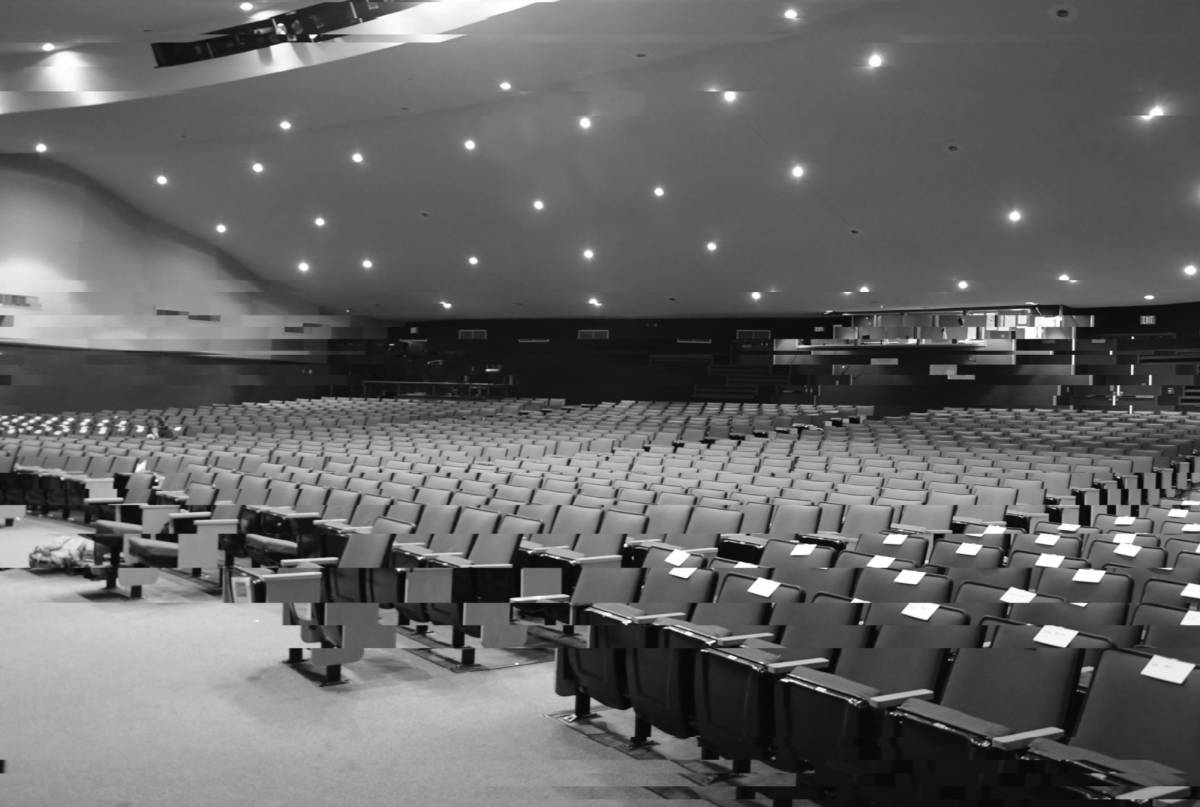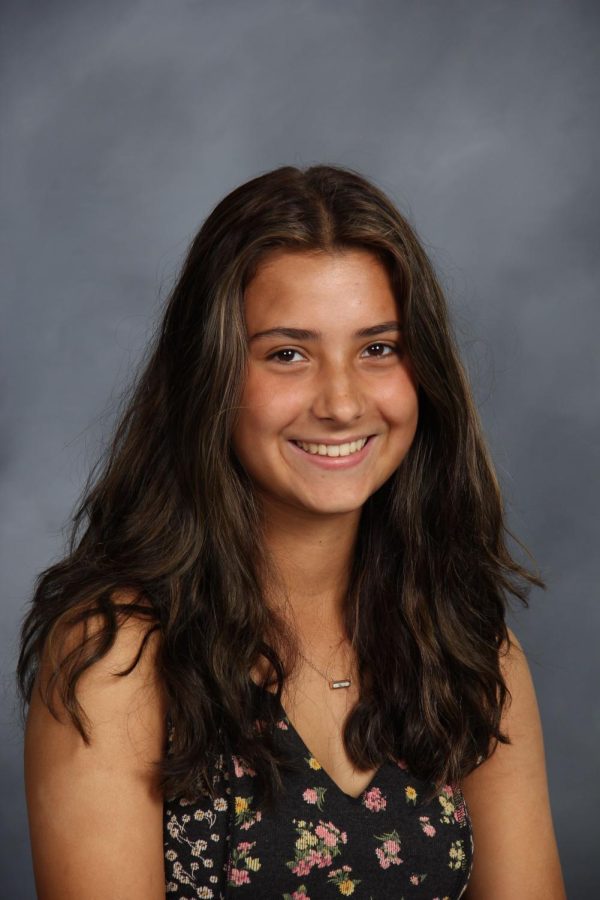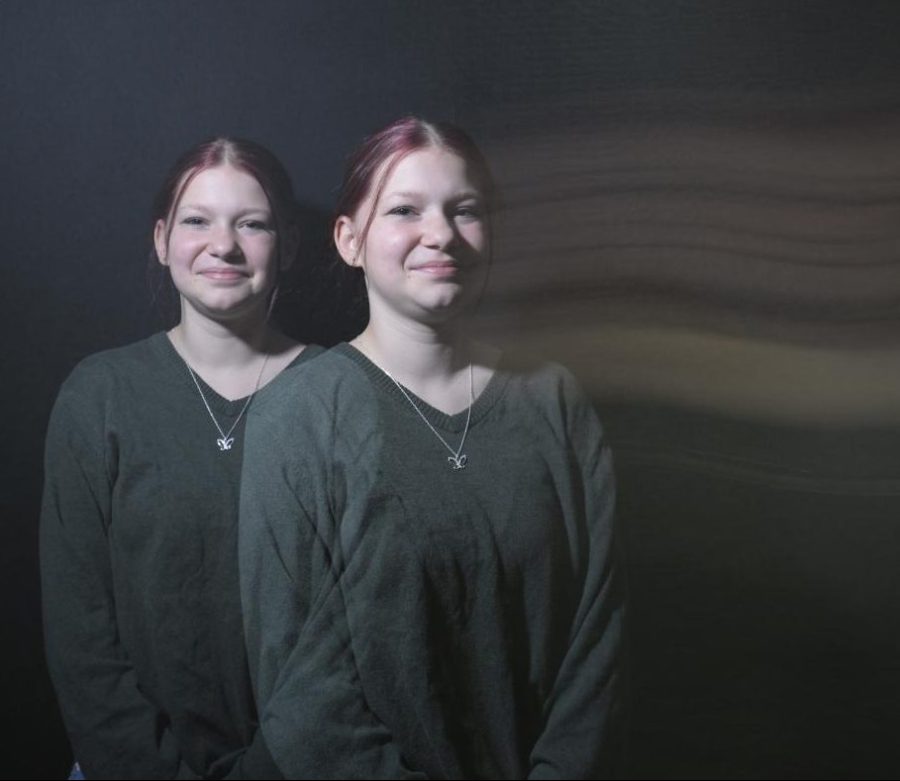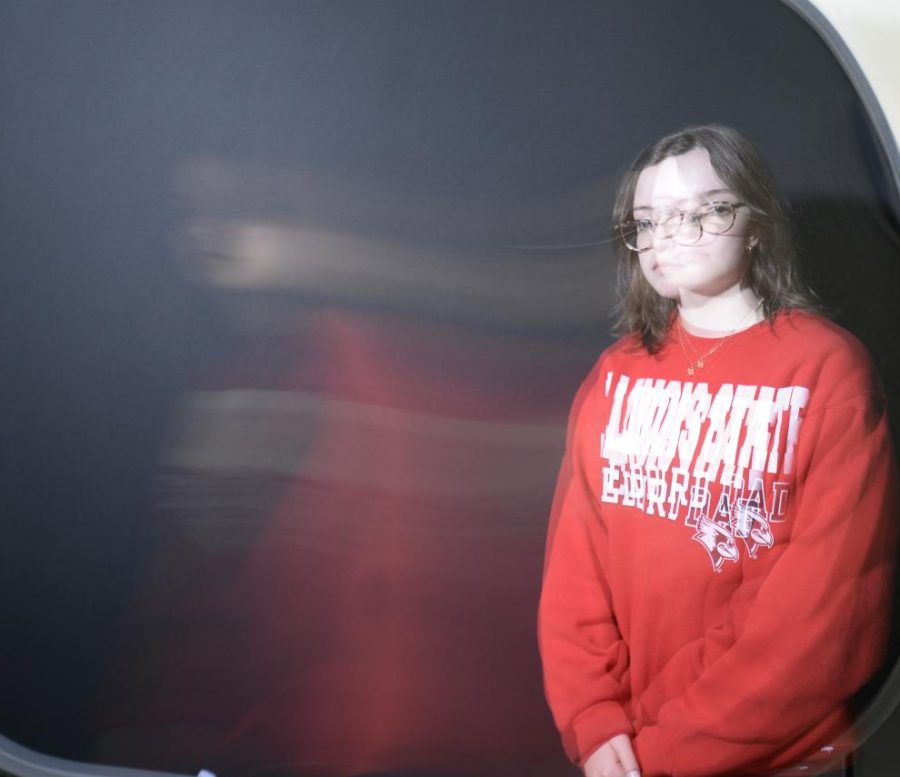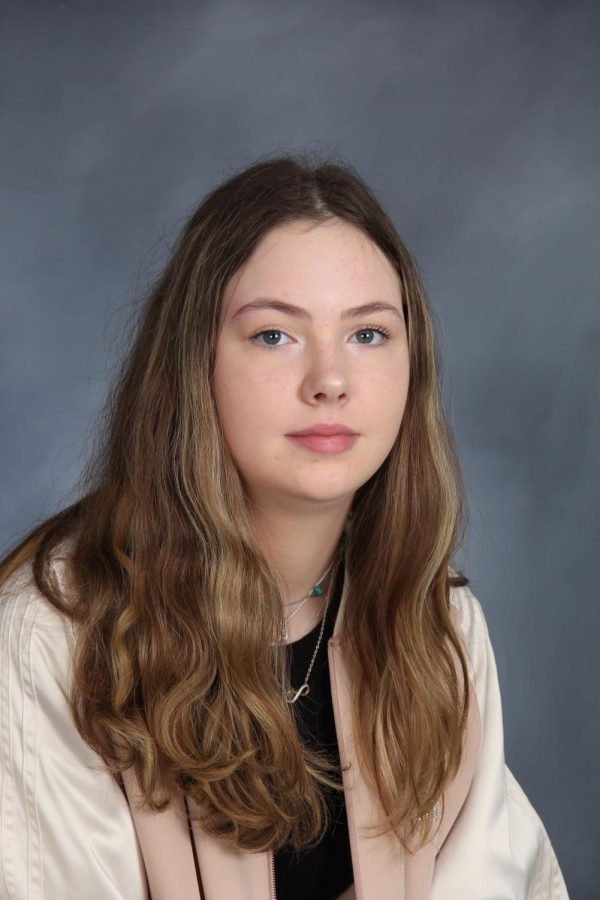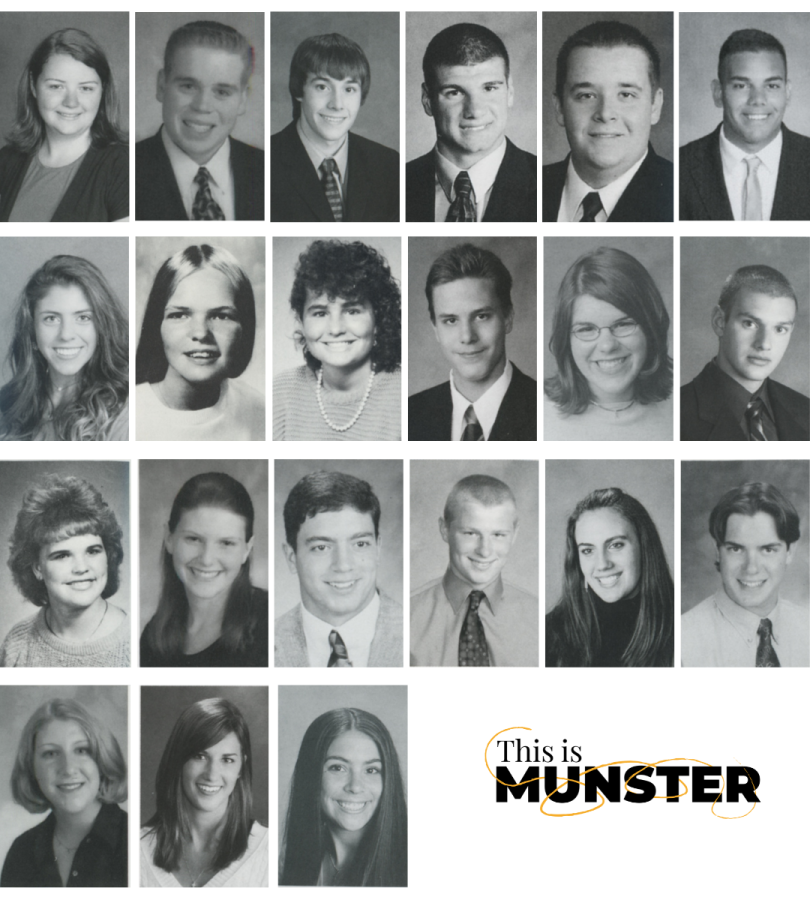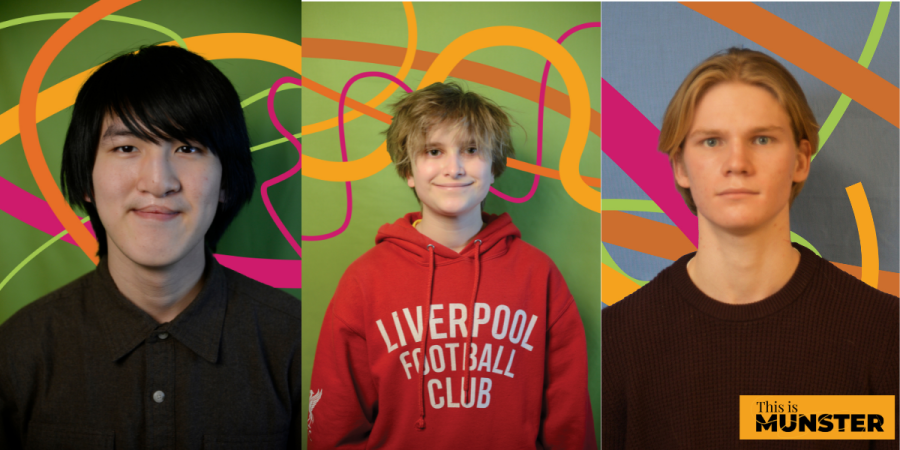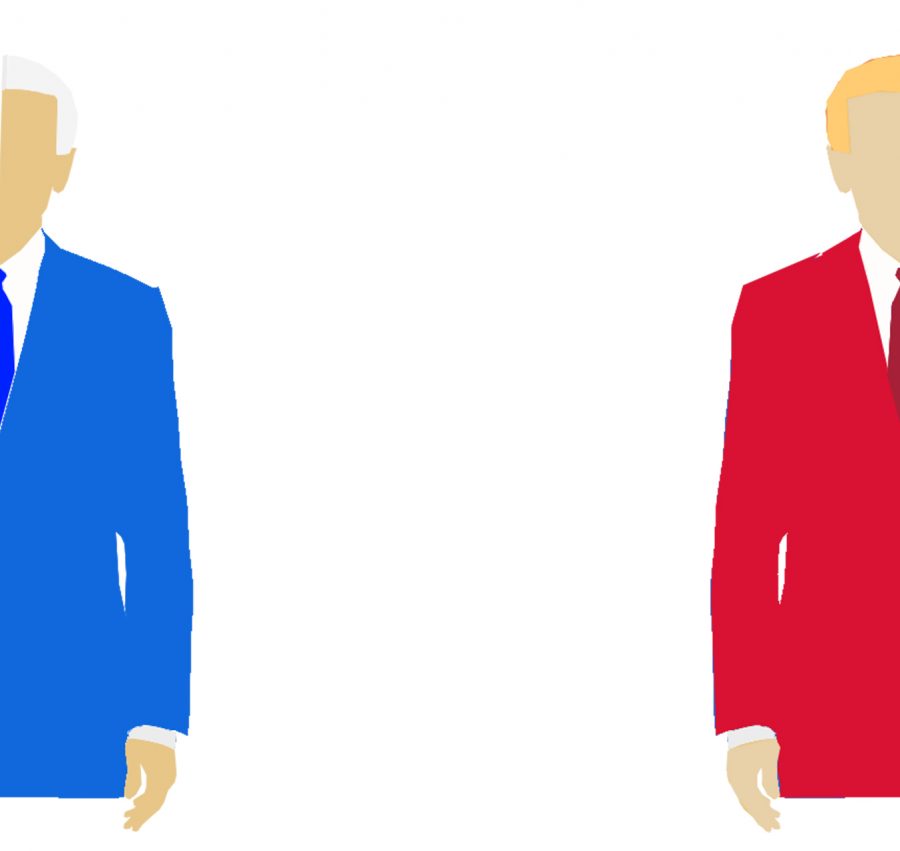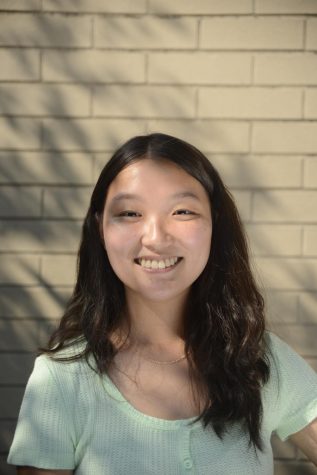Left or right?
With Nov. 3 presidential election, students discuss partisan politics
October 22, 2020
“Look at the world around you. It may seem like an immovable, implacable place. It is not. With the slightest push—in just the right place—it can be tipped.” —Malcolm Gladwell from “The Tipping Point: How Little Things Can Make a Big Difference”
No one could have guessed that a pandemic would come and flip life upside down. The world seemed immovable, unlikely to undergo drastic change. The COVID-19 pandemic has disproven that. Now, there might be another tipping point for the United States and all of its inhabitants. On Nov. 3, voters will cast their ballots to determine who will be the president for the next four years, and they will be pivotal in turning this crisis around. But which candidate is The One?
Most students being unable to vote can only hold their breath and hope for a good outcome. Deciding on which candidate is the better choice has generated more heated discussions, and in some cases have led to a profound divide between students.
“I have had times where people know that I am a conservative Republican and Trump supporter and they’ll treat me differently,” Niko Zaromitidis, senior, said. “Which to me, I think, is wrong.”
Niko’s worry about the mistreatment he undergoes due to the views he has is shared by many Trump supporters. Other groups also fear deeper repercussions for the things they cannot change.
“In the past few years the divide amongst Americans has grown. Hate has grown stronger and the idea of what is tolerable has changed,” Uyai Edet, senior, said. “Hate for people like me (as a Black, female student) has been shown tremendously.”
It is imperative that there is a discussion between all perspectives to promote understanding and unification. When a conversation is made, and communication occurs, these opposing viewpoints can work together towards a common goal for the country as a whole.
“When discussing politics, it is very important to listen,” Mallika Keralavarma, junior, said. “Often people jump to state their opinions without listening to opposing opinions or understanding where someone is coming from. This tendency to jump to conclusions and not listen to other sides often obstructs the idea of having open dialogue.”
Listening is important in a discussion with others. Respect is equally important, no matter the view they may be upholding.
“Politics are divisive and now more than ever disagreement of ideas leads to name calling, insults, and smear campaigns,” Brink Wolak, senior, said. “My goal has always been to stray away from that. While there are some who don’t like me because of mine; some of my closest friends have vastly different takes on politics than I do, and I think that is truly what makes this the greatest country in the world.”
While political discourse is important, there must be a clear, defined line between politics and human rights.
“I think it is important to identify the difference between political views and human rights; without doing that I don’t think there is a place for a conversation,” Uyai said. “I think there is a difference in disagreeing and seeing someone as less than.”
Politics impact all the lives of the people in the United States. Therefore participating in politics in any form is both our right and duty.
“Voting is a tremendous way to hold our elected officials accountable,” Brink said. “We are extremely fortunate to live in a state where there is no excuse to not vote or be concerned about the accuracy of it.”
Editor’s Note: While writing this story, Crier struggled to find sources willing to openly state their political views. Crier strives to include all viewpoints when discussing an issue, and takes pride in informing its audience with neutrality, integrity, responsibility and care. We hope that in the future students feel more comfortable expressing their opinions.


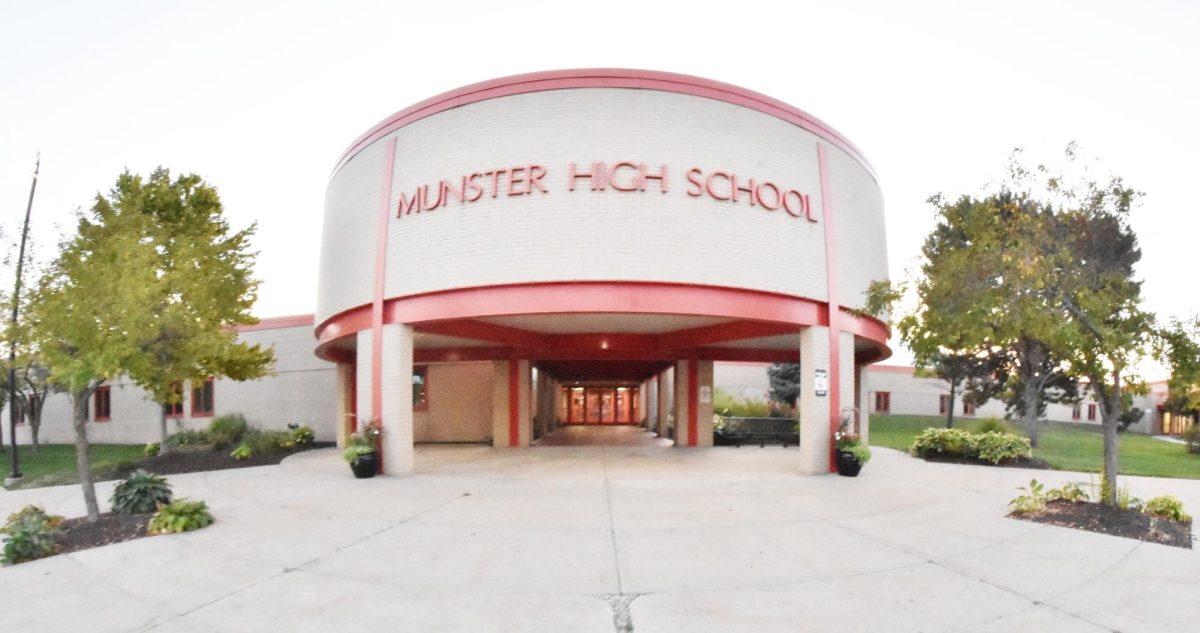


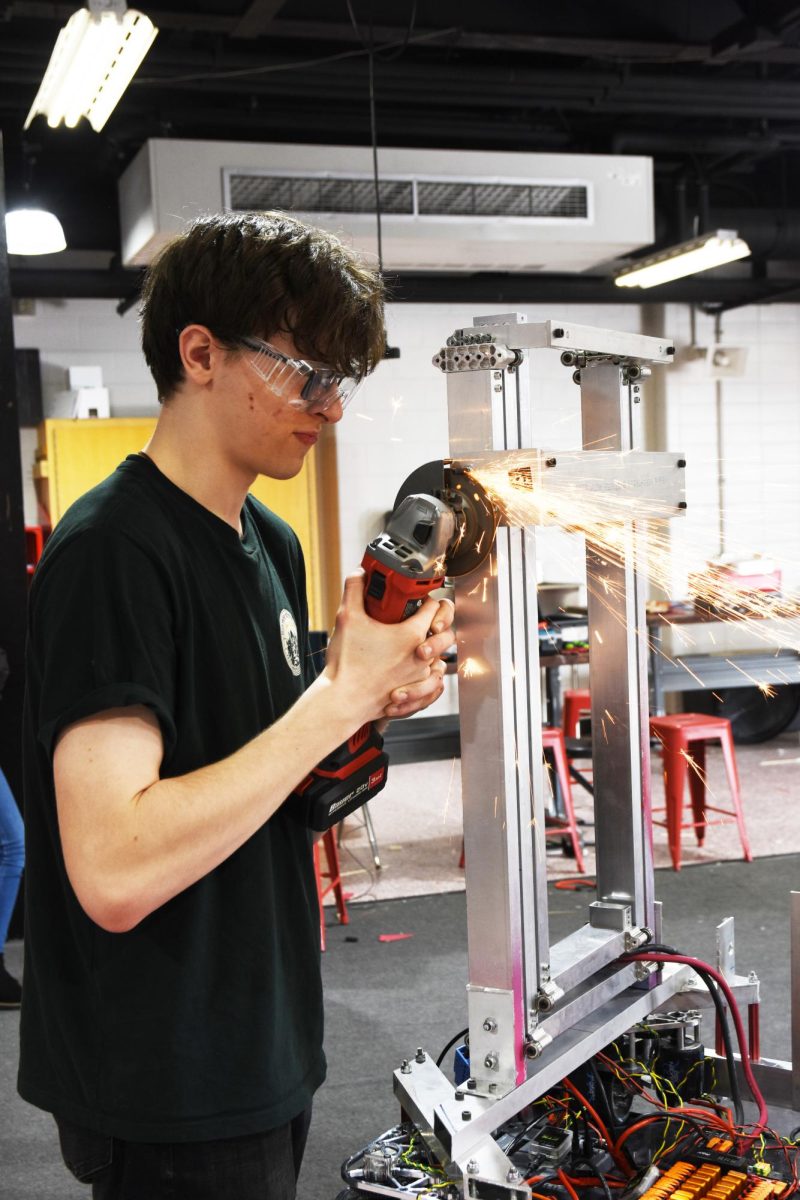


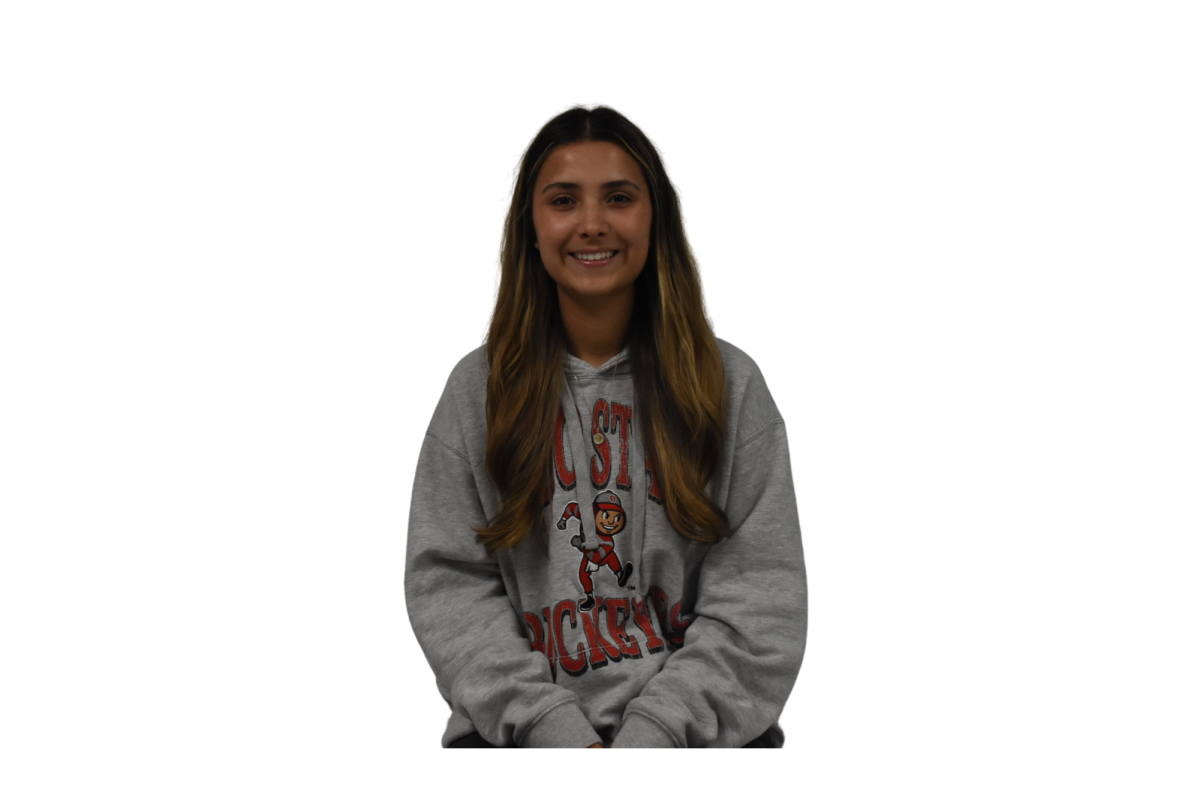

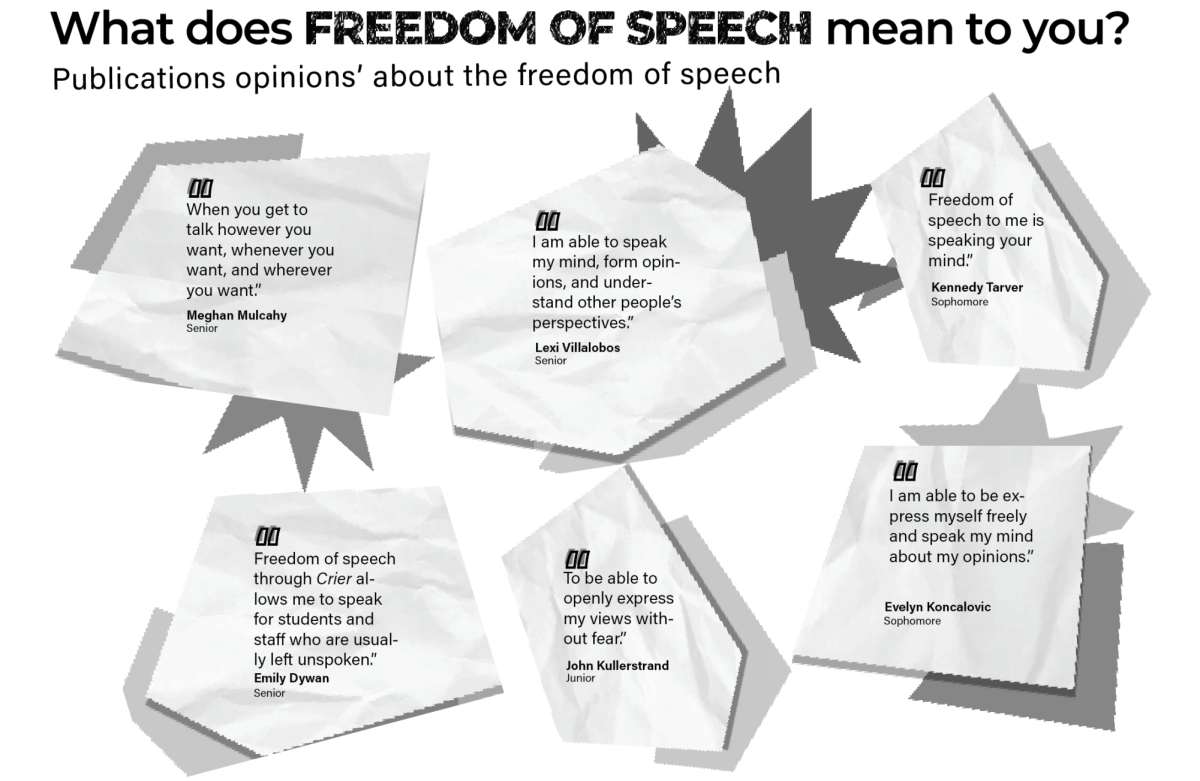
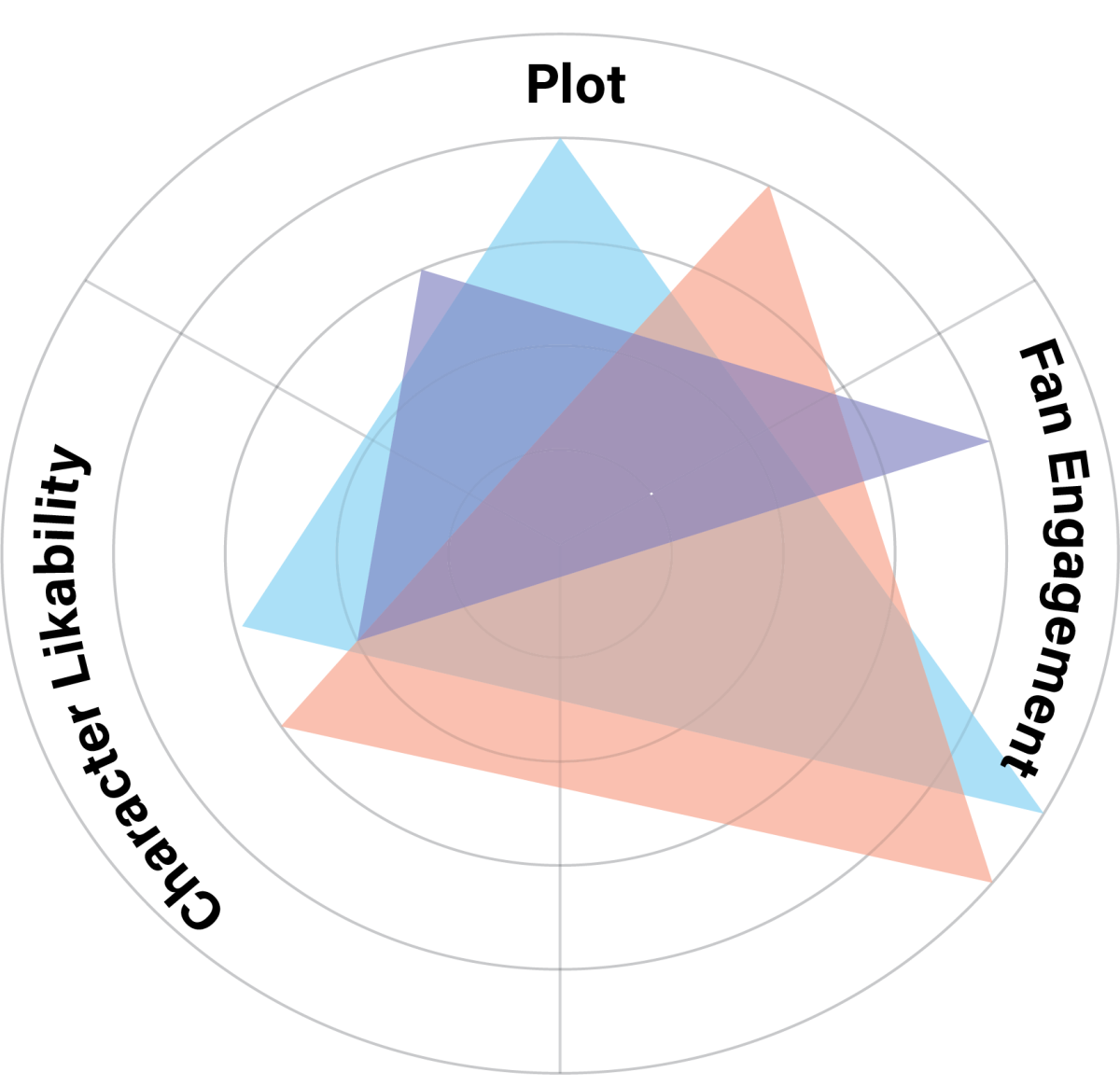

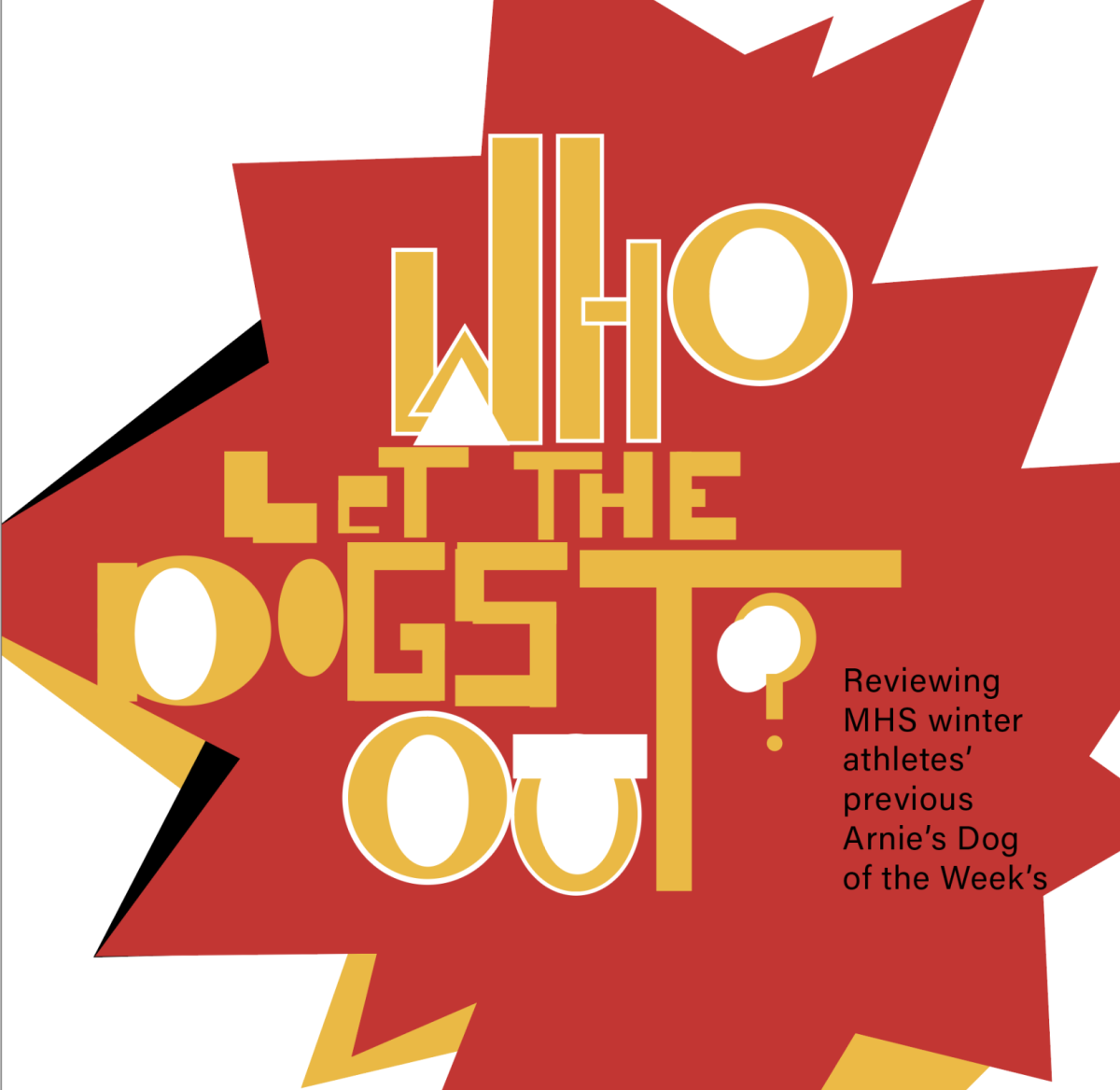


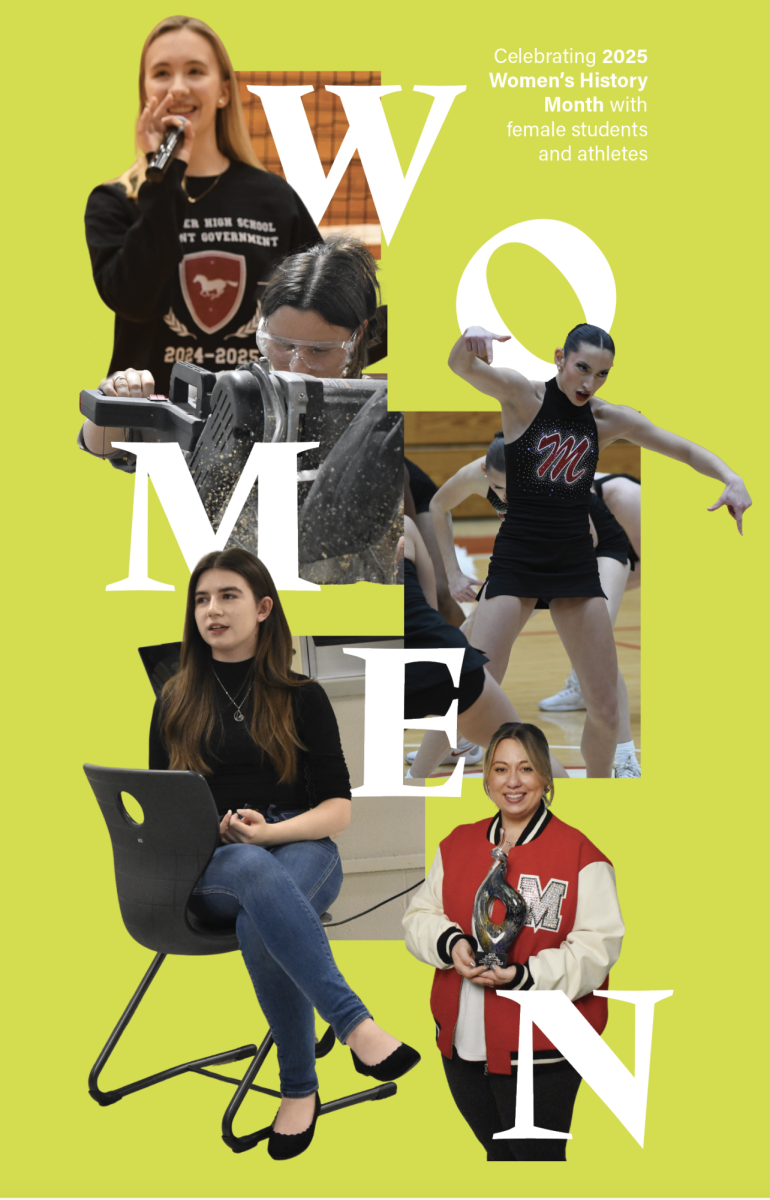
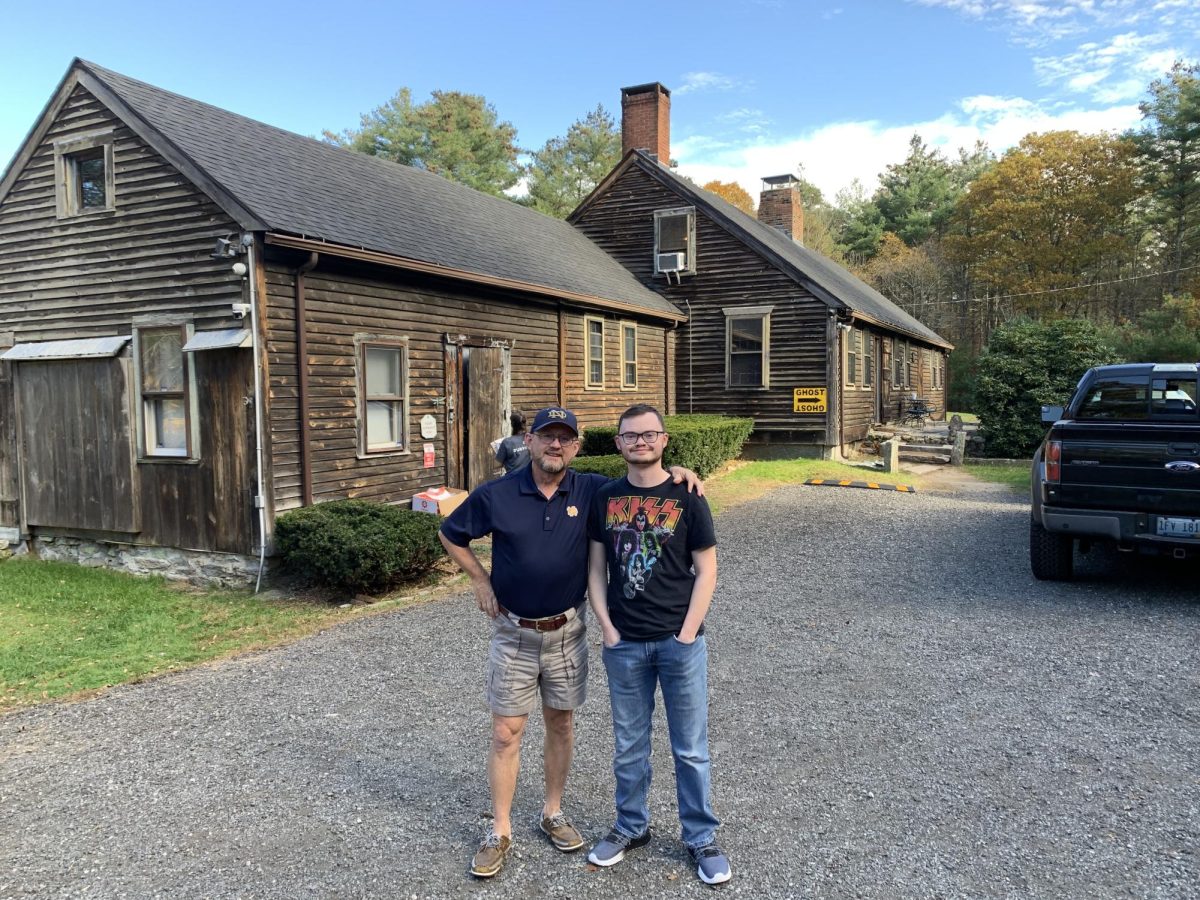
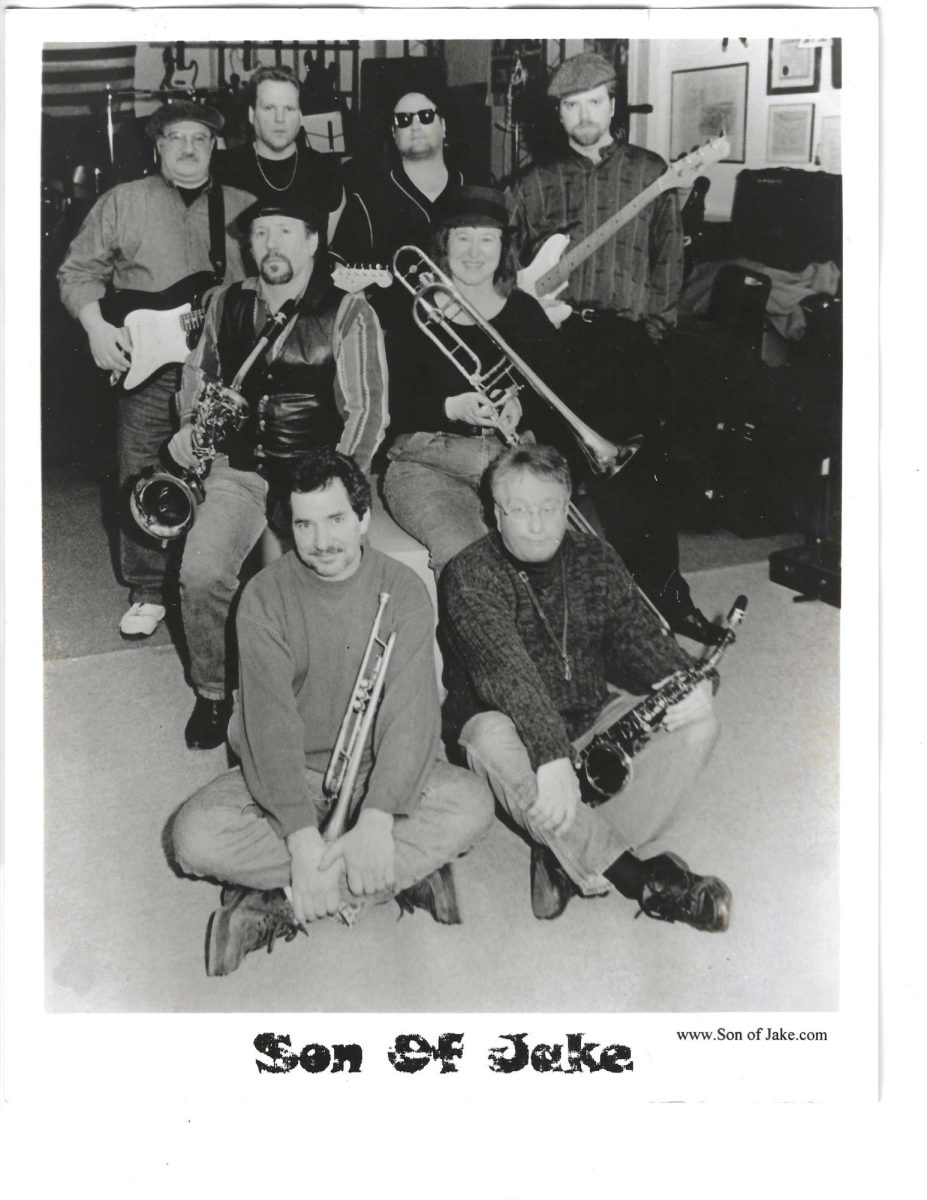
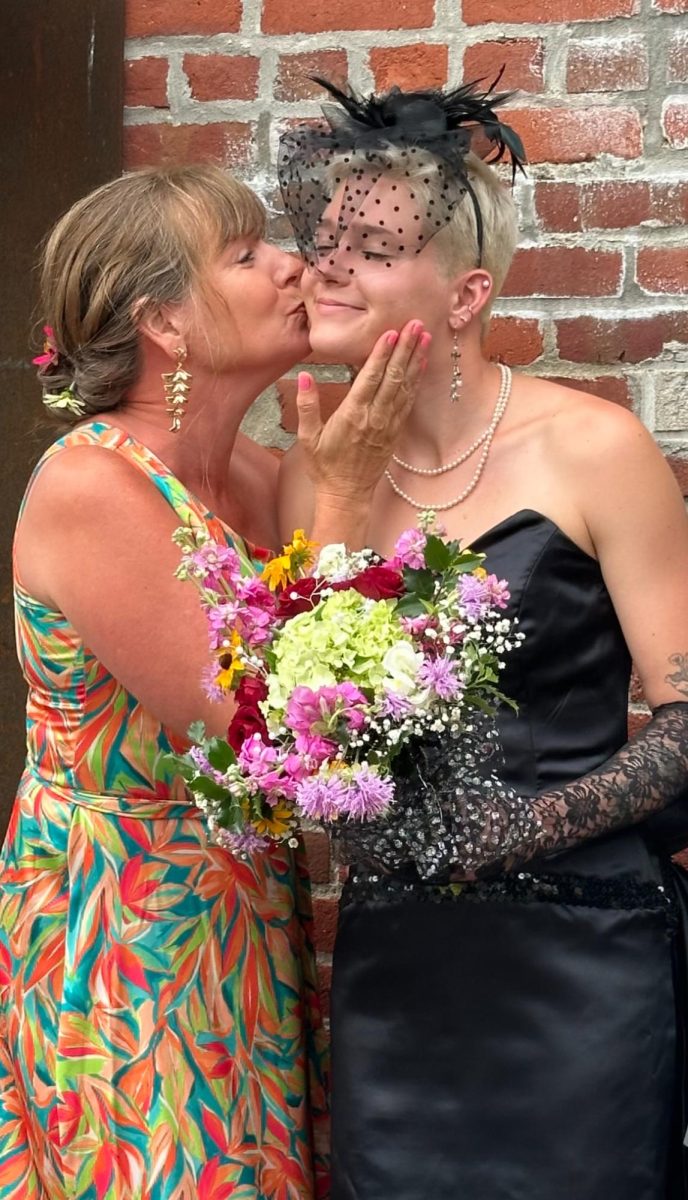

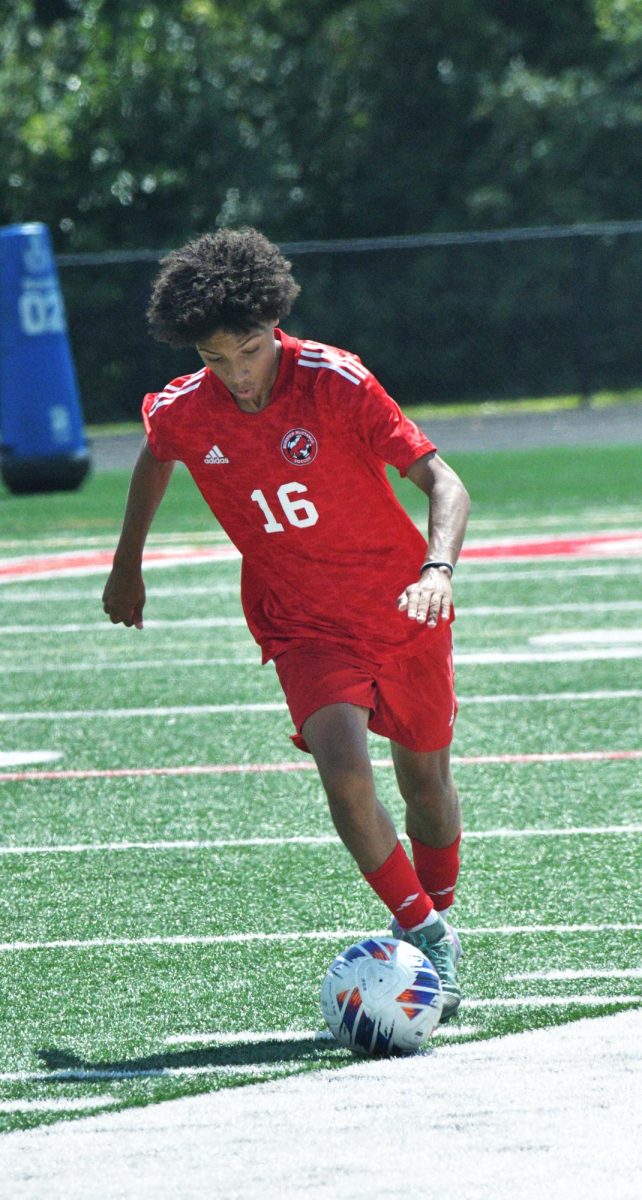
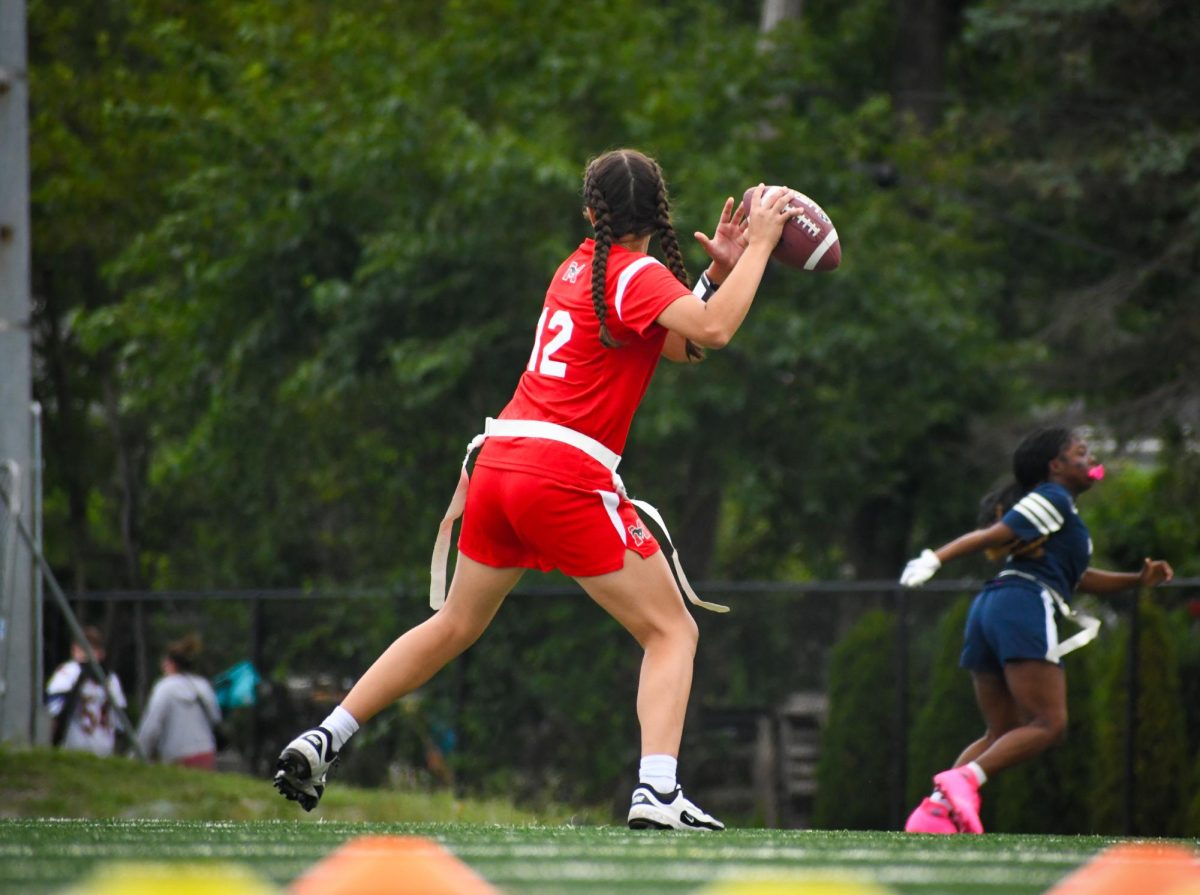
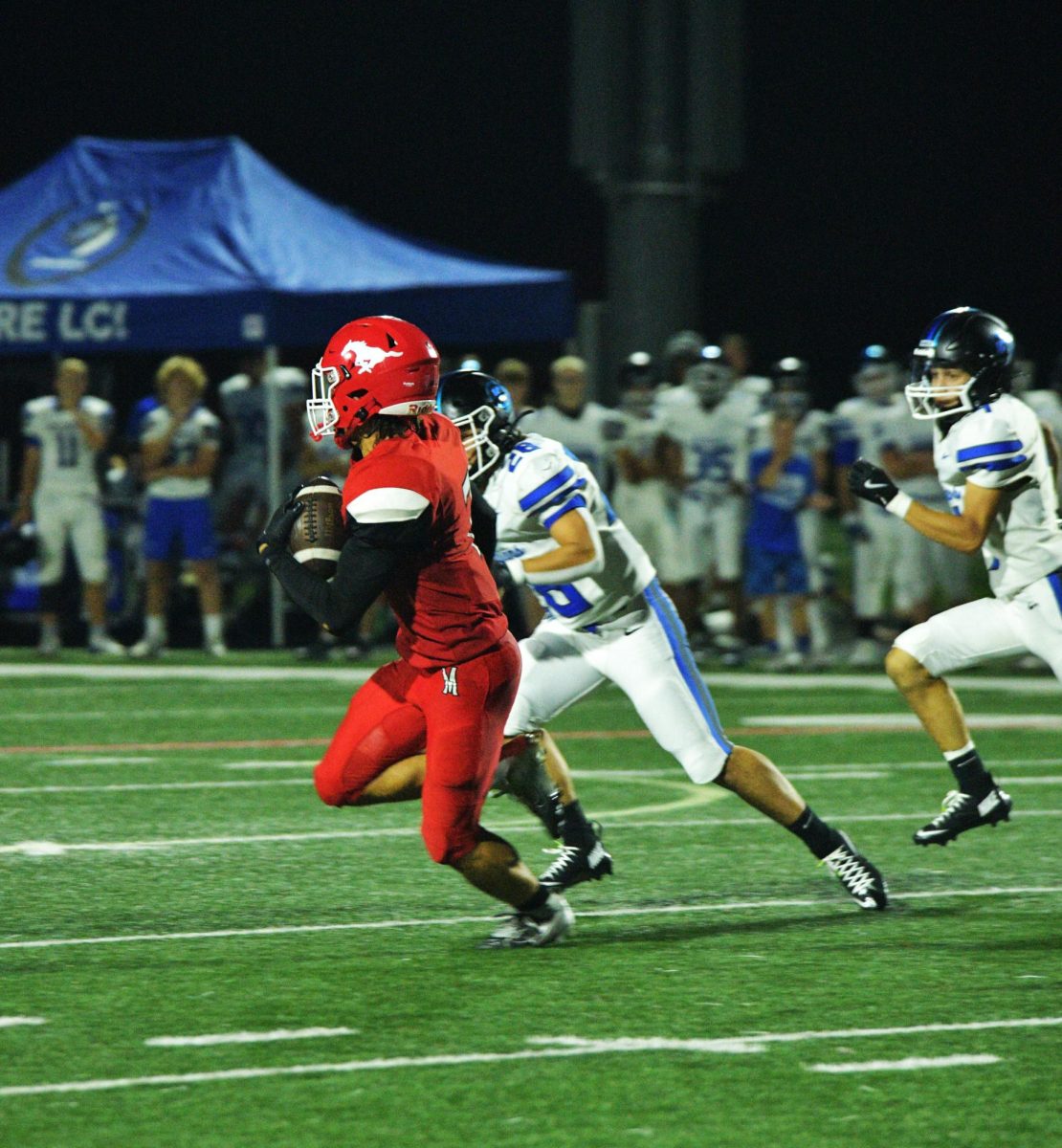
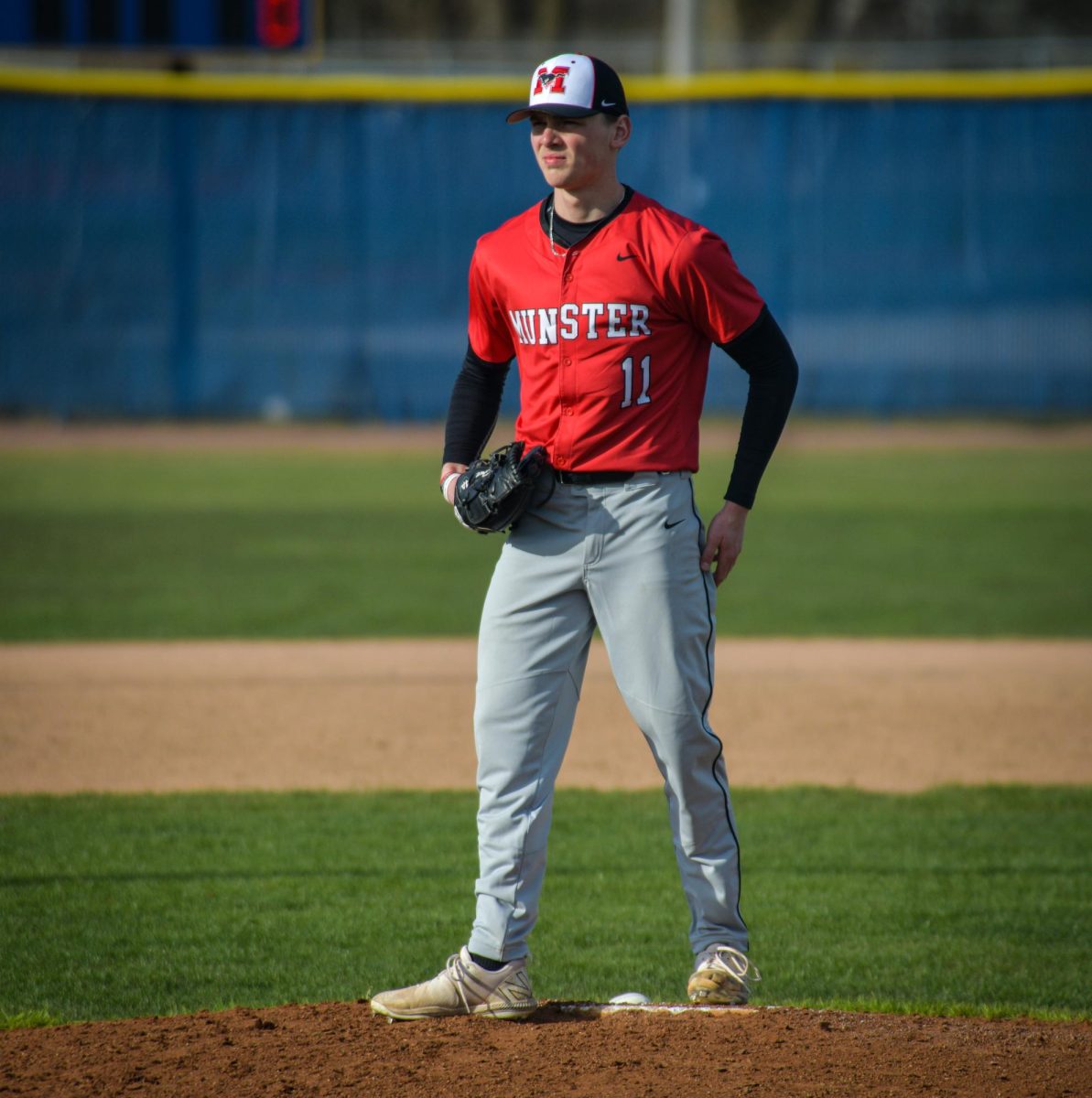
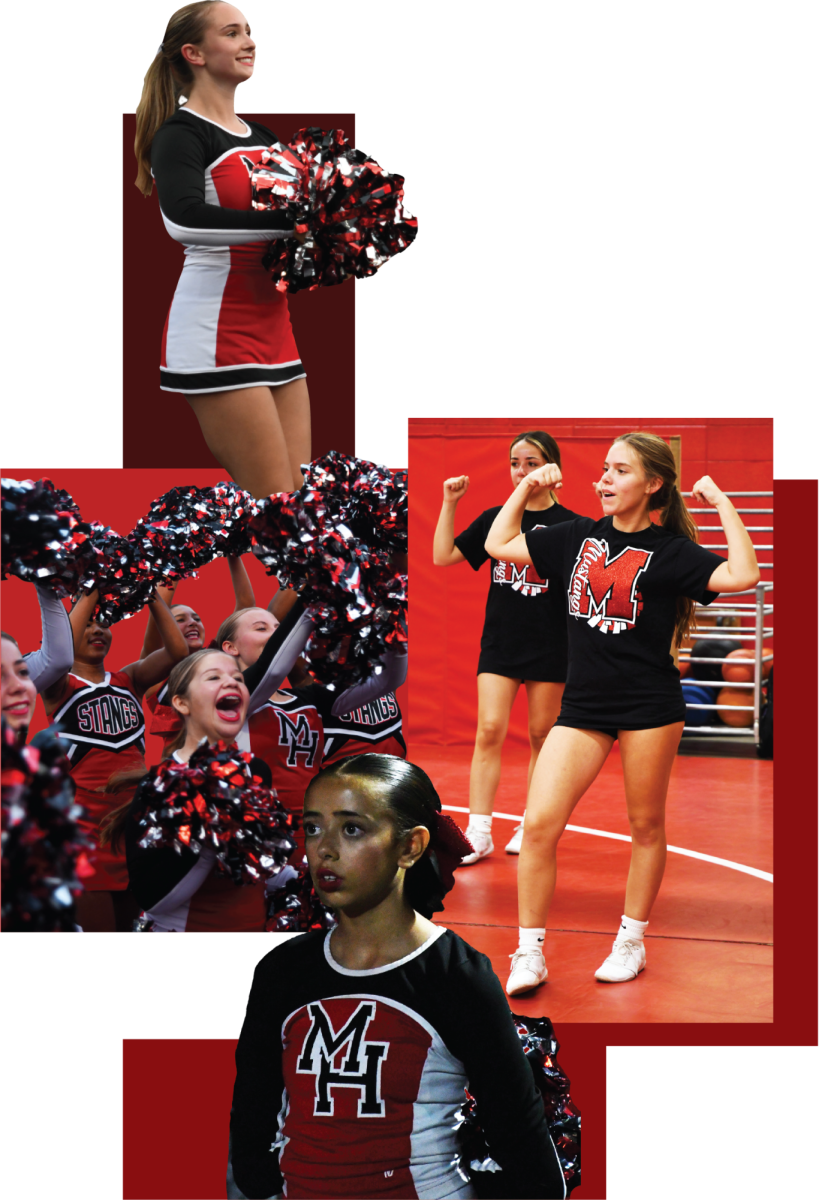
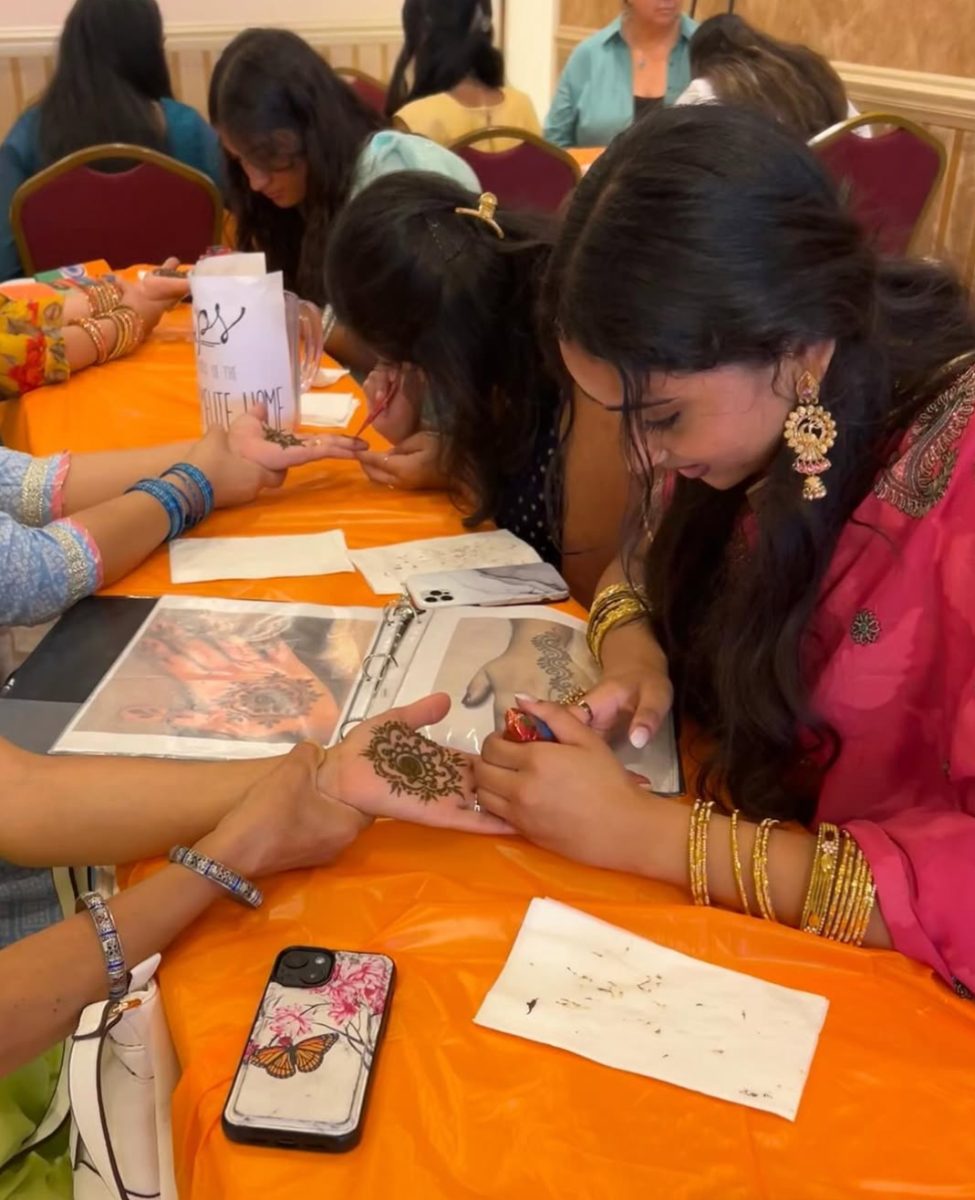
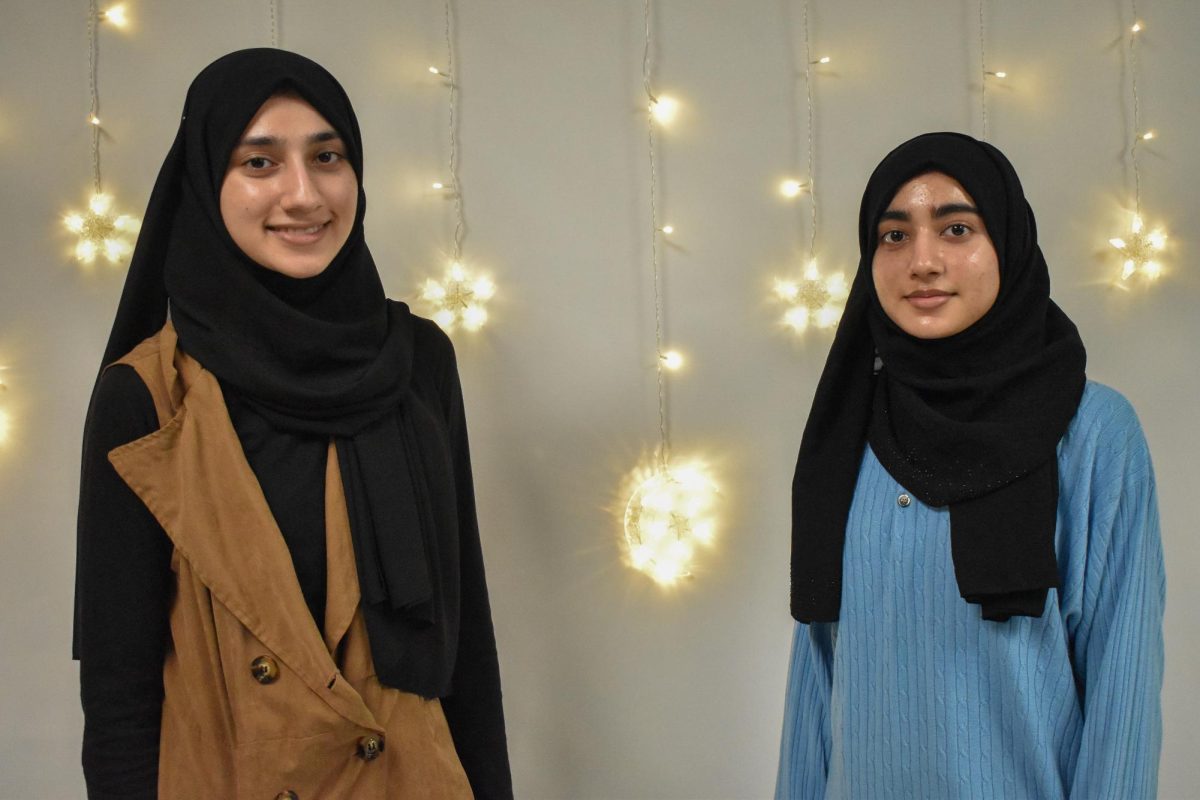
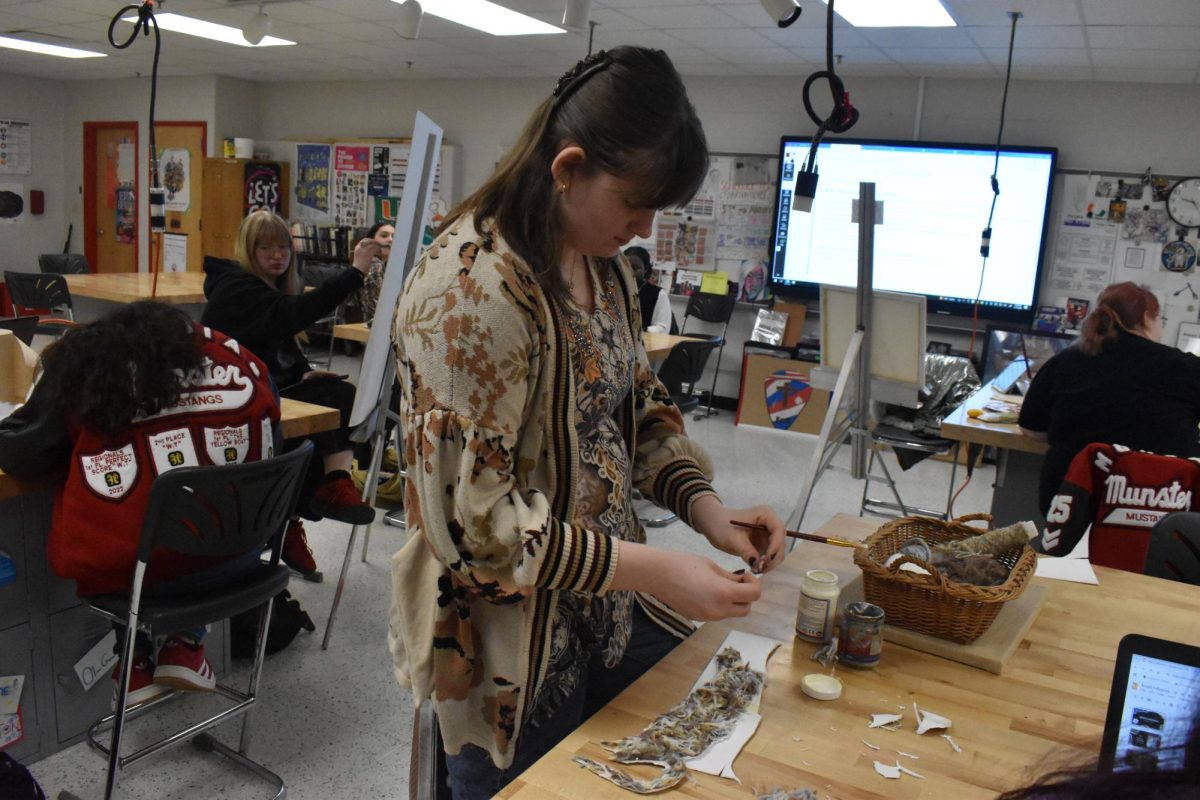
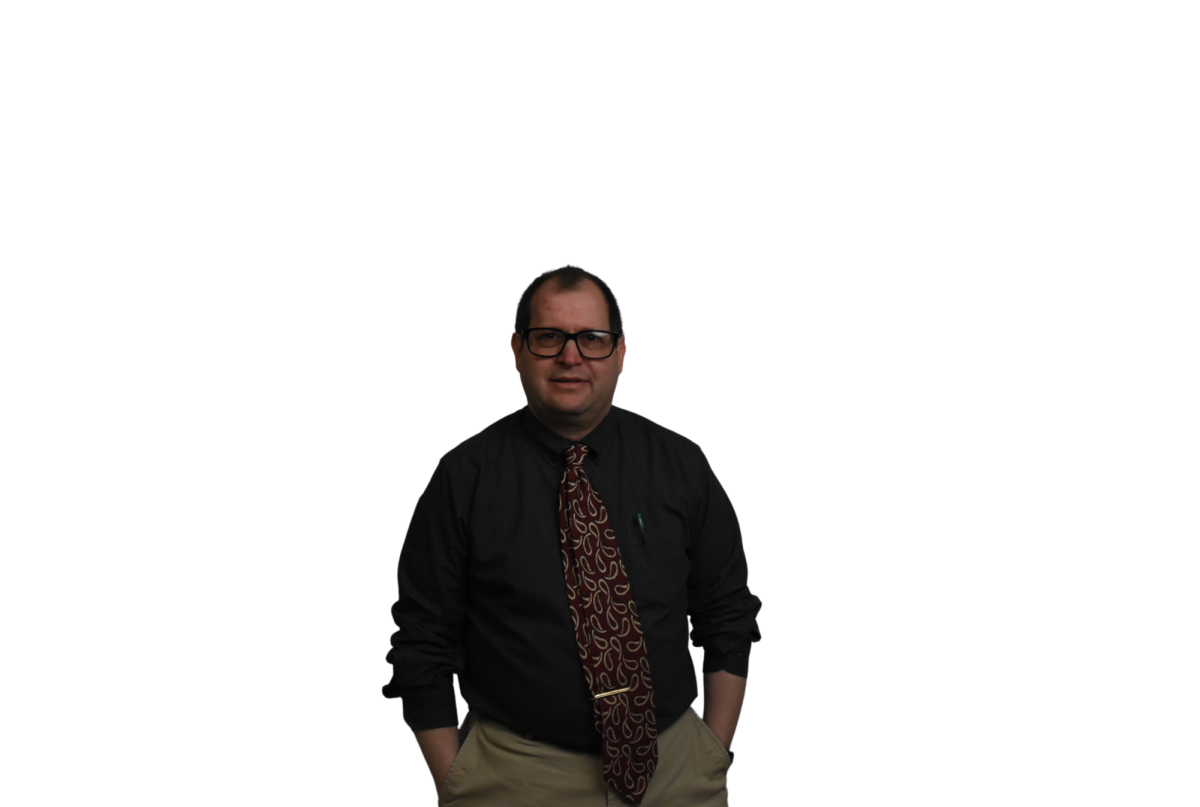
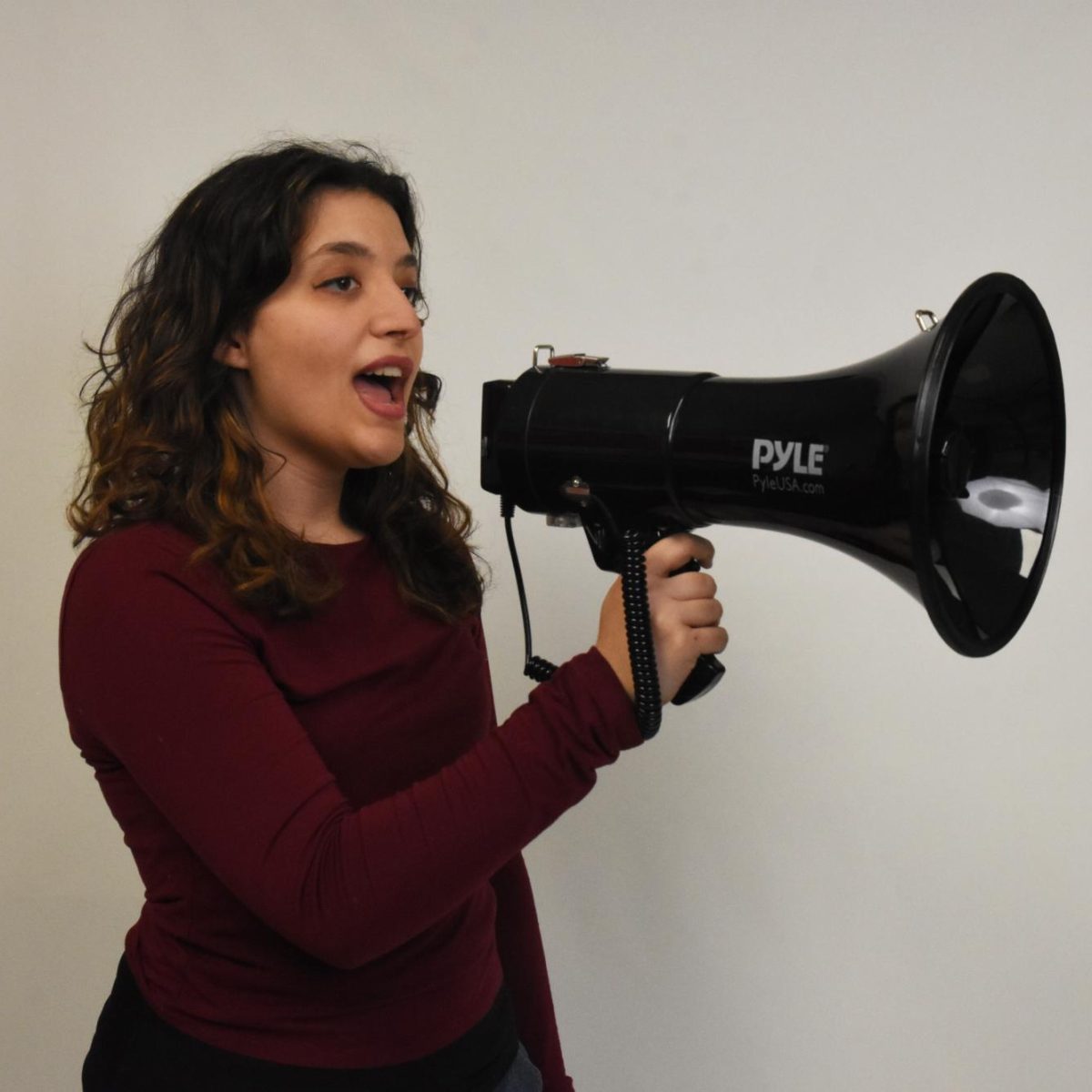
![SNAP HAPPY Recording on a GoPro for social media, senior Sam Mellon has recently started a weekly sports podcast. “[Senior] Brendan Feeney and I have been talking about doing a sports podcast forever. We love talking about sports and we just grabbed [senior] Will Hanas and went along with it,” Mellon said.](https://mhsnews.net/wp-content/uploads/2025/04/sam-892x1200.png)
